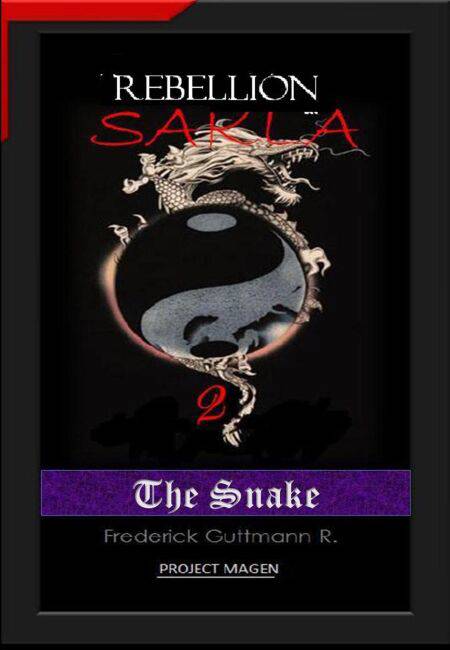
- Afhalen na 1 uur in een winkel met voorraad
- Gratis thuislevering in België vanaf € 30
- Ruim aanbod met 7 miljoen producten
- Afhalen na 1 uur in een winkel met voorraad
- Gratis thuislevering in België vanaf € 30
- Ruim aanbod met 7 miljoen producten
Omschrijving
This second part of The Sakla Rebellion is an explanatory thesis on the identity of the deity Jehovah and other gods who accompanied him. The names (in Hebrew "shem" or identity, destiny) of the Hebrew deity denoted epithets, both for one or more entities (beings, consciousnesses) that appear referred to in Hebrew texts. This treatise begins, then, by unraveling issues relating to the identity of the god known as Jehovah (or IHVH).
The next part exposes the origin of the human race with the use of comparative mythology and paleontological and archaeological records. The next section continues by delving into the records about various civilizations that existed before the history they tell in schools. The Lemurians (from Mu), the Atlanteans (from Poseidonis), Hyperborea and peoples whose memory only remains in legends and myths, and even evidence of populations that inhabited the Earth millions of years ago (even before the existence of the dinosaurs). ).
The fourth part of the book deals with the entire theme of the story of the "fall" of man, from different perspectives, taking in Hebrew, Greek, Celtic, Scandinavian, Egyptian and Canaanite cultures. The dynamic of the Garden of Eden story is followed by the thesis about Satan. This part addresses the independent stories of folkloric figures from different peoples of the globe that coincide in the same context as an antagonistic figure of man, be it Loki for the Nordics, Cernunos for the Celts, Guayota for the Guanche indigenous people, Zu for the Sumerians, Iblis for the Arabs, Satan for the Hebrews, the devil for the Christians, Set for the Egyptians, Mot for the Hittites, Hades for the Greeks, Pluto for the Romans, Ahriman for the Persians or Pazuzu for the Babylonians, for example. This thesis structures the conception of religious concepts based on names such as Lucifer (or Luzbel), Beelzebub (or Baal-Zebub), Satan (or ha.Satan), the ancient serpent, Leviathan, the 7-headed dragon, the fallen cherub , the king of Tire or the prince of the power of the air. They are the same? Why several qualifiers for who could be the same "person"?
Specificaties
Betrokkenen
- Auteur(s):
- Uitgeverij:
Inhoud
- Taal:
- Engels
- Reeks:
Eigenschappen
- Productcode (EAN):
- 9798224926343
- Verschijningsdatum:
- 10/04/2024
- Uitvoering:
- E-book
- Formaat:
- ePub

Alleen bij Standaard Boekhandel
Beoordelingen
We publiceren alleen reviews die voldoen aan de voorwaarden voor reviews. Bekijk onze voorwaarden voor reviews.











